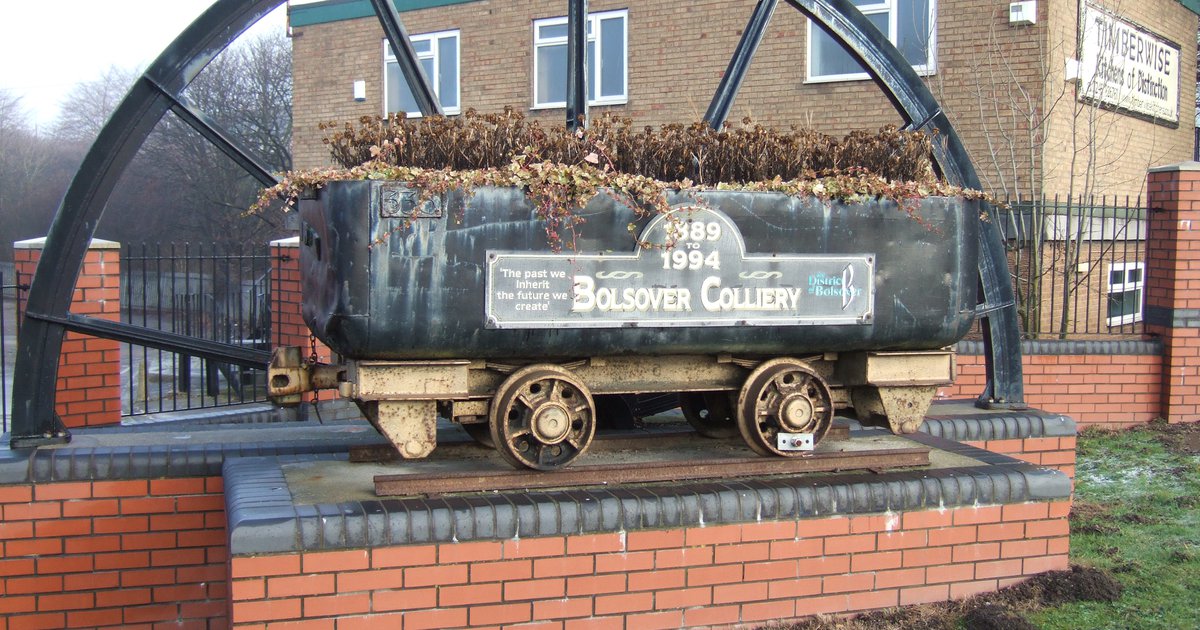In the context of Thatcher’s explicit ambition of wielding economics as a method to change the soul, is it fair to attack the current Labour Party for losing touch with the working class, rather than previous iterations for failing to halt the basic mechanics of Thatcherism?
Hailing from the Midlands, it is easy to construct a narrative of constituencies once naturally incentivised to vote Labour, transitioning to Conservative seats. Many constituencies were initially made up of small working towns composed of neatly raked lines of Victorian terraced houses orbited far away by tiny picturesque villages and farmlands. Come the ’70s, the lure of open spaces brought the reproduction of cul-de-sacs in sporadic waves, each bringing with them residents who sought property ownership and presumably held it as a priority if not a virtue. Enabled by the complete ubiquity of cars, these housing estates service nearby cities as much as the towns themselves and have often continued to expand until they butt up against the next town. What once appeared as a constellation of towns and villages now seems like a tangled net of housing, motorways and supermarkets. Even the town planning, no doubt designed to increase the amount of space per household, effectively optimises atomisation.
Analysis of ward-level voting shows that in places like Bolsover, Warrington and Nuneaton, there are still wards with a majority Labour vote. Predictably, they are the nuclei of terraced houses no longer able to offset the sprawl that surrounds them.
It is reasonable to assert that successive governments have neglected the UK’s suburban and rural communities, but that is not to say that they are wallowing in destitution. In fact, abject poverty is often less visible than it is in London. It is plausible that, in comparison to large cities, in the absence of a supportive government, these areas are structurally biased towards individualistic, rather than collective solutions to problems. But, left without a system that works for them, there breeds an instinct to beat the system. In place of labourers, there are a wealth of people finding unique ways to make good. In this environment, the entwined fates of property ownership, small businesses and tradespeople result in a populace that has a crucially different balance of economic drivers to a big city. While Nuneaton might have higher percentages of C2 and DE Social Grade groups than Nunhead, and it is feasible that residents are statistically less inclined to drink fruit tea, objectively they are far more dependent on capital.
Beyond economics, for many people, work takes on a different sense of meaning than much of the Left would like to accept. It is not all ruthlessly exploitative labour for multi-national companies, but nor is it self-actualisation. Working for a small local business, or even for yourself, becomes an expression of agency, an aspect of identity and a way to prove yourself to a neglectful society.
If my hometown is anything to go by, in places where the population has not grown organically, but by the specific design of property developers, historic bases of culture or community are often absent. As the role of the everyday and the familiar subsumes the grander philosophical or artistic aspects of life, it is almost inevitable that a certain tipping point is reached by which many who grow up to have an instinct for the latter qualities decide to leave. It becomes a perfect self-selecting system where those who enter adulthood with a particular value system move to the nearest big city, or more likely, London.
Furthermore, the impact this has on age distribution reinforces the divergent economic drivers. In Bethnal Green, 62% of the population is below the age of 35; in Bolsover, that figure is 40%. It is of little surprise that a Labour Party aiming to serve the most precarious of society polls over twice as well in London as the East Midlands.
The reckoning that any left-leaning Labour Party must face up to is that in modern, neoliberal Britain, investments in capital – owning property or running a small business – are not sins and that they are no longer the preserve of the elite. They are the forms of security and autonomy that our current economic and political system is designed to incentivise. The long-term aim of the Left should be to disincentivise individual forms of wealth and security and replace them with collective forms, but this cannot be achieved without short and medium-term offers to people whose lives have been built around the economic drivers currently in place. Labour must not only offer to support but build a narrative that speaks to these people.
No small part of this problem is understanding who ‘these’ people are. There is an urgent question to answer within the Labour Party, in a message that rings true and authentic on daytime TV and on the doorstep: who are the many, and who are the few?
Any open-minded assessment of how to engage with Labour’s diverse voter base must find a way to do so without crudely conflating culture and value systems with financial situation. As statisticians will gleefully tell you at any opportunity, ‘all models are wrong, but some are useful’. The dividing line of class has never had an absolute, objective truth; Labour must now ask if it still has a use.
PrintPaddy Bettington | Radio Free (2020-01-08T10:40:08+00:00) What does class mean in 21st century Britain?. Retrieved from https://www.radiofree.org/2020/01/08/what-does-class-mean-in-21st-century-britain/
Please log in to upload a file.
There are no updates yet.
Click the Upload button above to add an update.
